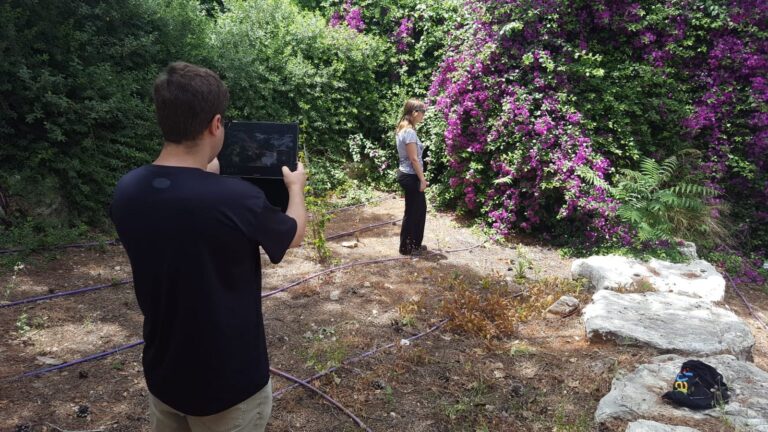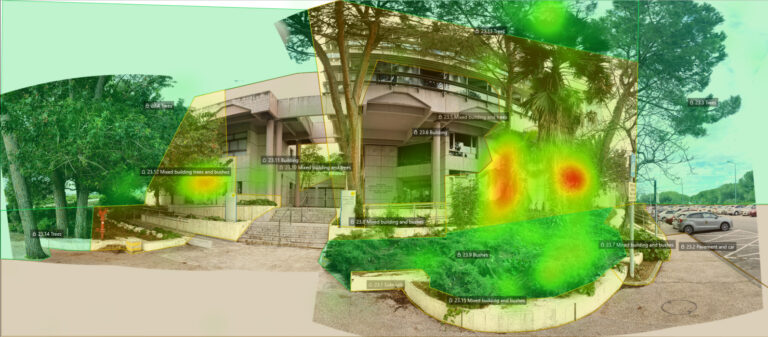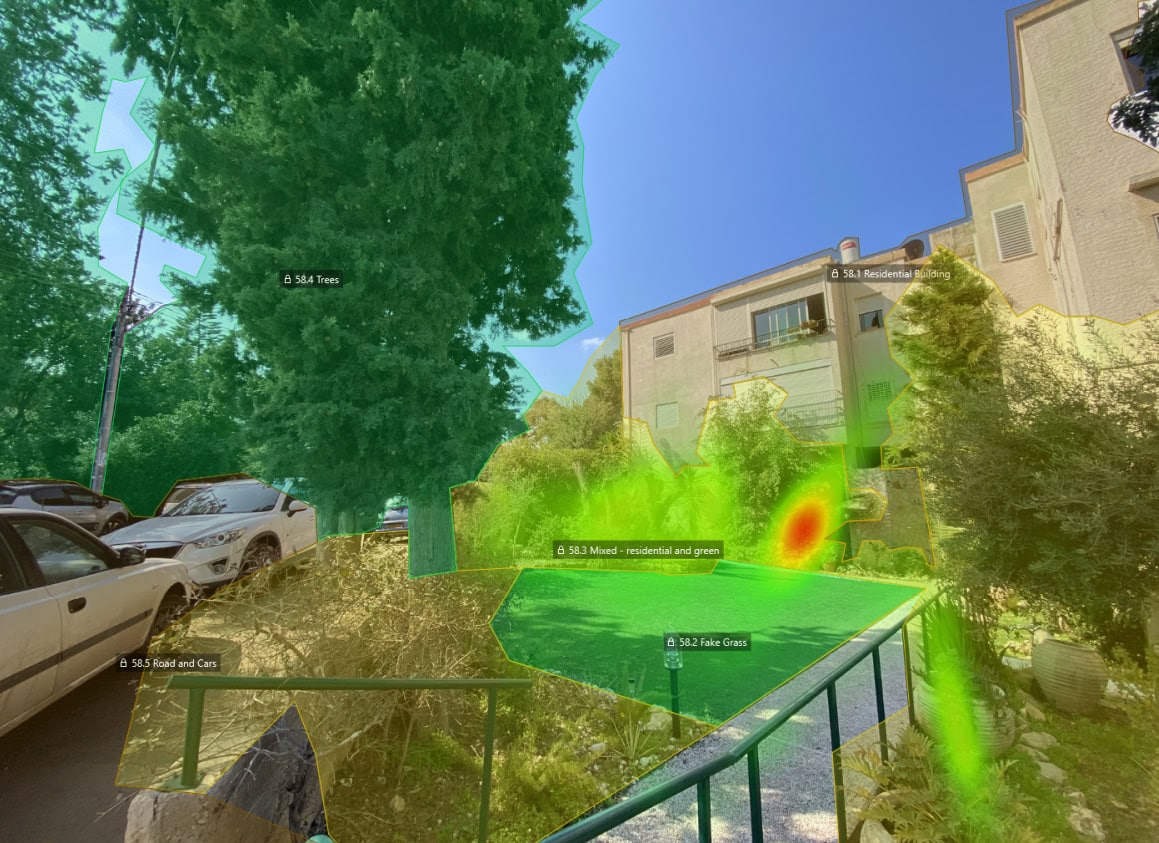Cities should be designed around nature to boost our mental health; so says Assaf Shwartz, a professor who used eye-tracking technology to measure the impact of our surroundings on our mood.
Landscape architects and urban planners should make a point of incorporating prominent green spaces, especially trees, into new developments, according to Shwartz, head of the Landscape Architecture Department at The Technion – Israel Institute of Technology, in Haifa.

He says even a fleeting glance at greenery can improve our wellbeing. “Our research shows that simply being mindful of nature, even during a regular walk to or from work or studies, can be beneficial to mental health and help relieve stress.”
Shwartz’s statement follows an experiment led by Whitney Fleming, a postdoc in his research group.
During the study, one group of students was asked to observe nature at 10 stops during a 45-minute walk around the Technion campus. A second group was asked to observe buildings, roads and cars instead. And a third group paused at a mix of nature and human-made stops.

They all wore eye-tracking glasses, which recorded what they were looking at; their levels of anxiety and attention were measured immediately before and after their walk, and researchers assessed the “perceived restorativeness” of the walk — in other words, how refreshed they felt afterward.
The research team concluded that directing our visual attention to elements of nature —particularly trees — instead of gray roads or buildings can, in itself, produce mental health benefits.

“Previous studies have shown that interaction with nature has benefits for mental health and quality of life, but this study demonstrates for the first time that even a few fleeting glances at nature during daily routines can yield these benefits,” said Shwartz.
He said it was important not only to incorporate natural elements in urban planning but to ensure that residents actually notice them, because “such interactions will improve both the residents’ quality of life and their connection to nature, and desire to preserve it.”
“Our results indicate that a simple behaviour change (directing visual attention to elements of nature instead of grey elements) can produce mental health benefits in the form of reducing anxiety and perceived restoration for people in urban areas,” remarks the research team in an article published in People and Nature.
“Thus, efforts to integrate nature, especially trees, in urban areas and promote city dwellers to visually interact with it during their daily routine can improve mental issues associated with urban lifestyle.”















